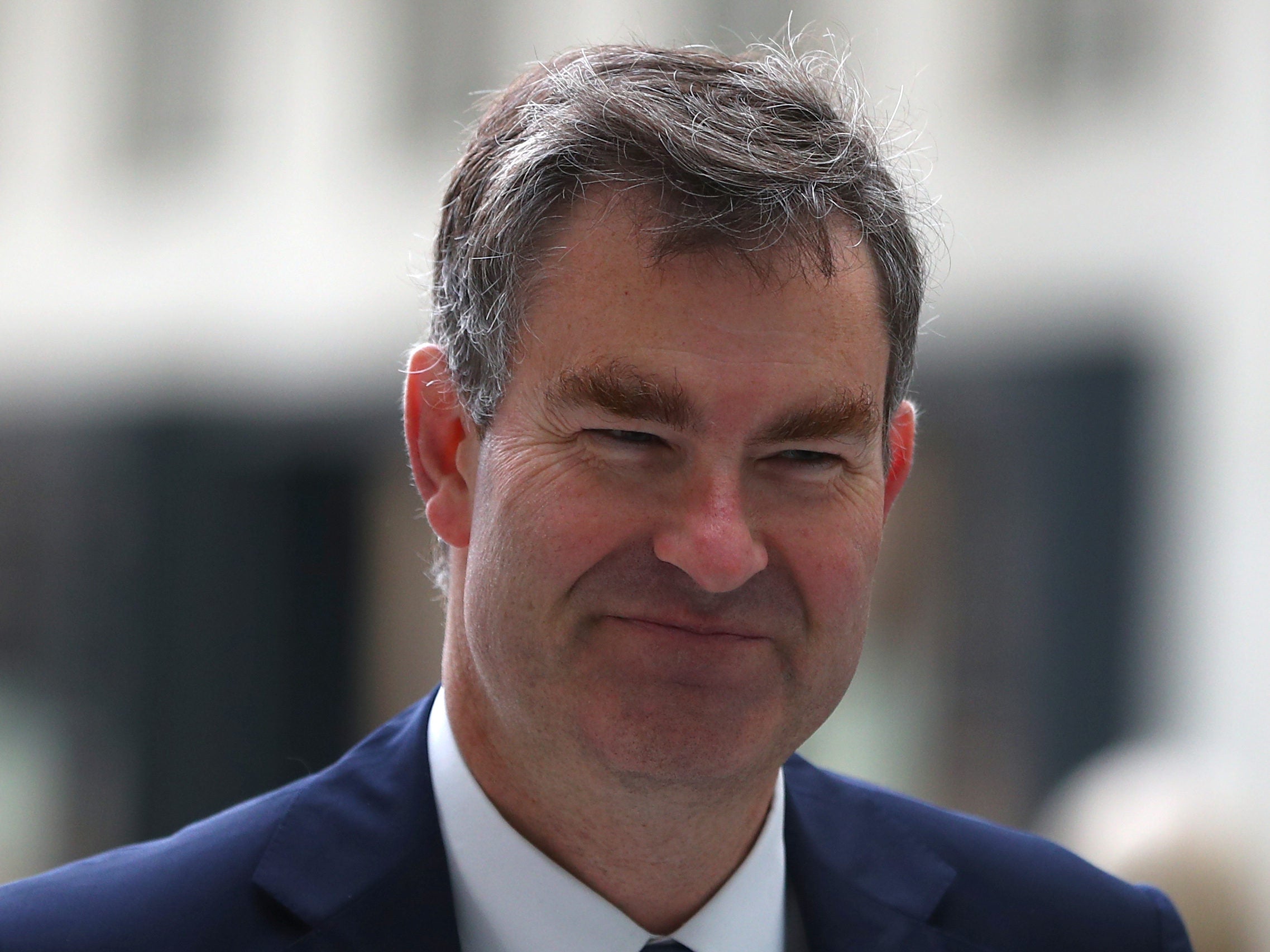
Lawyers working on no-win, no-fee agreements will no longer be able to claim success fees from the losing parties in defamation and privacy cases, Justice Secretary David Gauke has announced.
The ban on Conditional Fee Agreements will come into effect from 6 April next year and apply to all new cases.
But successful claimants will still be able to recover the costs of after-the-events insurance premiums intended to protect them from having to pay the winning side’s costs if they lose their claims.
Success fees have been a subject of contention for media organisations for years, as they mean that in some cases a claimant’s lawyers have been able to double the amount they would normally charge for conducting a case.
In 2011 the European Court of Human Rights at Strasbourg declared that a regime under which lawyers for model Naomi Campbell charged a success fee of 100 per cent of their normal fees after her victory over Mirror Group Newspapers in the House of Lords breached Article 10 of the Convention, which guarantees the right to freedom of expression.
Gauke announced the end of success fees in a written statement in the House of Commons last week.
It said section 44 of the Legal Aid, Sentencing and Punishment of Offenders (LASPO) Act 2012, which stopped winning claimants on CFAs being able to recover success fees from the losing, came into effect for most cases – except defamation and privacy claims – in April 2013.
But the reform was held in abeyance for defamation and privacy cases pending the outcome of the Leveson Inquiry.
“The then Coalition Government accepted the Leveson recommendation that there should be a costs protection regime in place for defamation and privacy claims, before commencing the LASPO Act conditional fee agreement reforms,” Gauke said.
“It consulted on a draft bespoke costs protection regime in 2013. In the event, there was opposition to the detail of that regime, and the then Coalition Government did not implement the proposal.”
The government had now decided on a different approach that would further control the costs of defamation and privacy cases as well as give effect to its obligations following the decision in the MGN case at Strasbourg.
Section 44 of the LASPO Act would not be brought into effect for defamation and privacy cases.
“However, the Government will keep in place, at least for the time being, the existing costs protection regime,” Gauke said.
“This means that after-the-event insurance premiums will remain recoverable for these cases. After the event insurance covers the risks of having to pay the other side’s costs in unsuccessful cases.
“This approach – of abolishing recoverability of the conditional fee agreement success fee, but retaining it for the after the event insurance premium – will protect access to justice, since parties with good cases can still benefit from recoverable after-the-event insurance in respect of adverse costs – after-the-event insurance discourages weaker cases as these are unlikely to be insured.”
Media organisations have complained for years that the CFA regime was wide open to abuse, and that the entire regime had become a gravy train for claimant lawyers – who were well aware that the mere threat of a CFA and ATE insurance could be used to bulldoze a media company into submission.
The obligation to pay a claimant’s ATE premiums also rankled – media defendants have pointed out that ATE premiums tend to be extremely high in relation to the value of the cover they offer, and that in many cases the claimants had never actually paid them in the first place.
Picture: Reuters/Hannah McKay
Email pged@pressgazette.co.uk to point out mistakes, provide story tips or send in a letter for publication on our "Letters Page" blog
